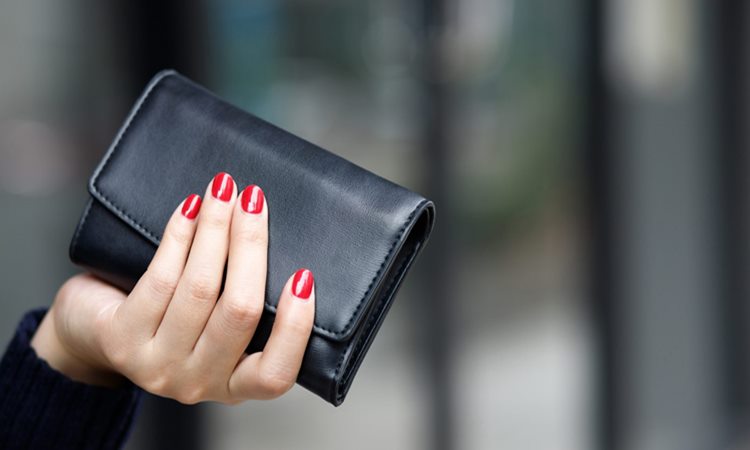Money-Saving Habits That Secretly Drain Your Wallet
MONEY SAVING – Here are six (6) money-saving habits that secretly drain your wallet.
Given the increasing costs of various necessities like food, housing, fuel, and entertainment, it is practical to explore ways to adjust spending habits and save money. While some effective strategies, such as cooking at home more and cutting back on take-out orders, can be helpful, not all practices aimed at saving money are equally beneficial or conducive to long-term savings.
Part of practicing frugality involves striking a balance between the value of your time and the value of your money. For instance, while hunting for online deals or visiting multiple stores for discounts might save you some money initially, it could consume both time and money that could be better utilized by earning an income or engaging in non-monetary activities that hold significance to you, like spending time with loved ones.

Here are 6 money-saving habits to reconsider
1. Spending just because something is on sale
Acquiring items simply because they are on sale does not necessarily equate to saving money, as sales tactics can sometimes manipulate consumers into unnecessary spending. It is wise to be a mindful spender who allocates money thoughtfully.
2. Shopping at multiple stores to collect deals
Although visiting different stores for small savings might seem like a prudent approach, the time and expenses associated with traveling may outweigh the benefits relative to the savings.
3. Driving out of the way for cheaper gas
Going the extra mile to save a few cents per gallon on gas might make sense if it’s a short detour or can be combined with other errands. However, extensive travel for a slight price difference may not be cost-effective.

4. Buying everything in bulk
While buying in bulk may seem like a cost-effective move, hidden costs and the risk of wastage could negate the potential savings, especially if you don’t have immediate plans for large quantities of items.
5. Buying Cheap Quality
Choosing low-quality items, be it furniture, shoes, clothing, or technology, may result in frequent replacements and ultimately incur more costs than investing in higher-quality items initially.
6. Taking on (some) DIY projects
Although DIY projects can save money, complex projects can turn out to be more expensive in the long run due to errors or the need for expensive tools. It’s crucial to weigh the upfront costs and long-term value of such projects to determine their potential savings.
In essence, being frugal requires making well-informed and balanced financial decisions. Considering the overall value of actions and expenses, in terms of both time and money, is essential to ensure they genuinely contribute to your financial well-being.
